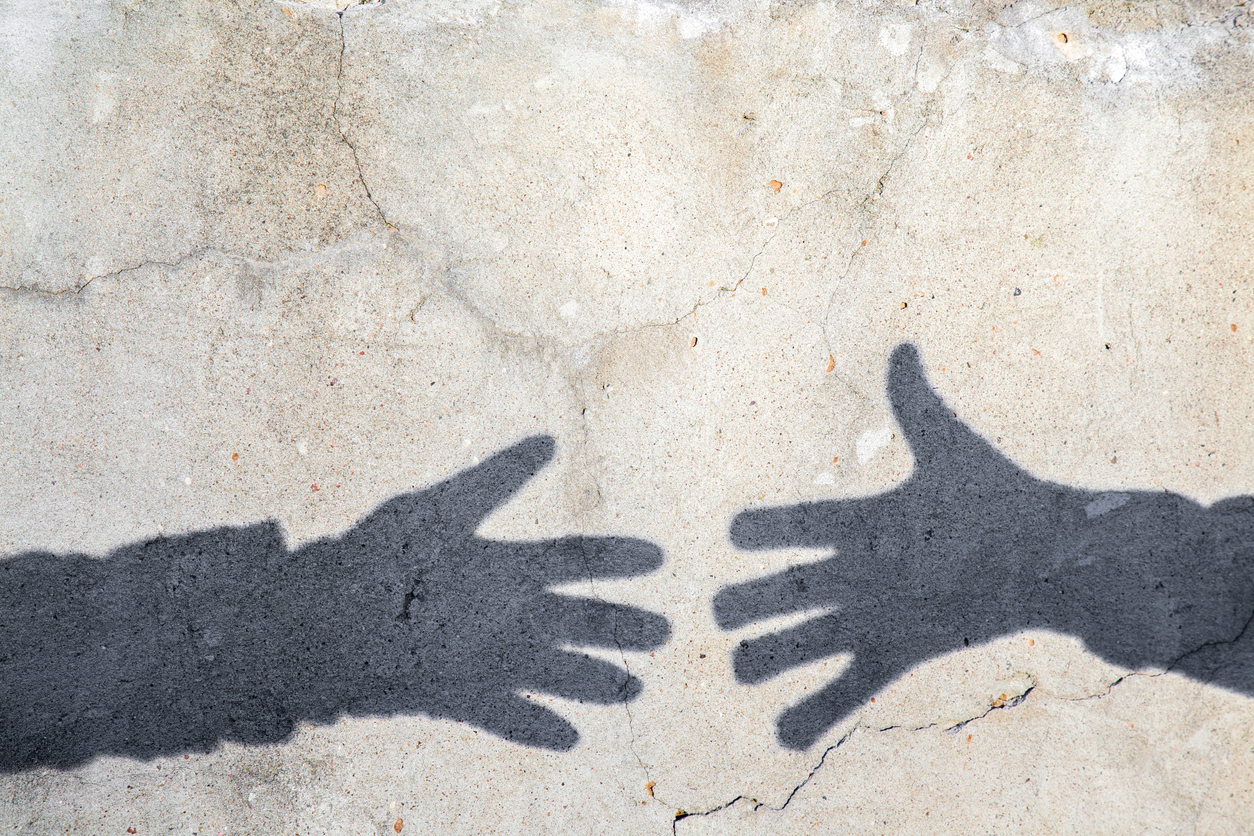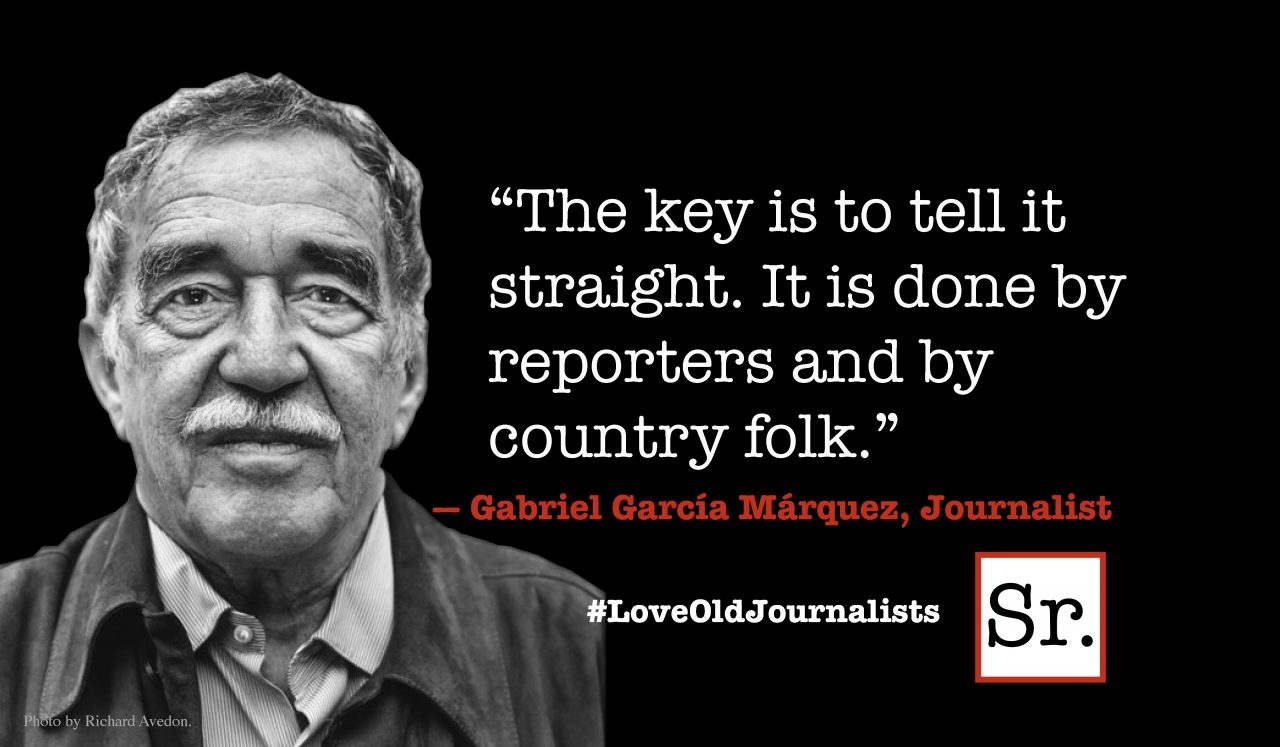Over the decades I have observed that honestly responding to the question of my vocation requires a careful review and analysis of my choices and decisions that reflect the basis on which I show up in my life today. At this very moment I am standing amid decades and decades piled up such that my perspective reveals truth in a way different from how it might have presented itself much earlier in my life. From the middle of my 88th year I am writing this with the benefit of hindsight and as much foresight as I can muster. I choose to begin with this brief but terribly significant circumstance in my life. I have written about it previously in “Write for Life,” and it has reverberated in my life often as I lived through many different challenges that confronted me along the way.
I was in my 21st year and my brother who was six years older was stretched out on a hospital bed in Philadelphia. I had been waiting in the hallway for the doctor to complete his examination and conference with Harold, and it had gone on for quite some time. That did not bode well, I thought. Finally the doctor left the room and I was allowed to enter. It was a dark January day and everything, including my brother, had taken on a somber cast. It was clear to me that this was not going to be an ordinary visit in which we laughed and joked together about trivialities and books we were reading. His brown eyes seem to have been burnished with an artist’s brush, and he took my hand and briefly held it before inviting me to sit on the chair the doctor had just vacated. I was more than a little curious to know what he had been discussing with his previous visitor. Now he appeared to be bracing himself even to admit what he was going to tell me.
“The tests show it is cancer,” he said softly. Then, after a long pause, he asked me, “How do you live when you know?” It was a profound moment for both of us, and perhaps it took me as long as 30 seconds, maybe less, before I answered. “Better,” I said simply.
That was in 1957, and at the time that diagnosis was fatal, with no exceptions. Harold died in January 1961. I never forgot his question or my answer.
As the decades advance and the opportunities present themselves each of us find ourselves leaving one role and taking on a different one consistent with the change we embrace or the one that embraces us. For some of us, we appear to grow; for others we shrink into narrower and narrower shadows of ourselves. Who of us can say who we truly are except from a wish to give our state a name to call it even for a moment in time.
We are constantly changing. If we choose the metaphor of the ripening seed then our lives are like the flowering of our potentialities. Unless we decide on the other side of the ledger and see it as a long and torturous loss of innocence, a fall from grace that lands us in a heap at the end, damned by our lack of accomplishments. You can have it one way or the other; it is your choice, and never think for a moment you can have it both ways — that is, unless you have two heads.
But wait — many of us have more than two! Look at all of the masks we wear, the sequence of roles we play. The I who greets our daughter, the I who sits at the board-room table with the other members of the firm, the I who goes to the ball game when his favorite team is playing, and on and on. We switch the masks on and off adroitly without even a moment's hesitation. We wear a countless array of “disguises,” and we think little if at all of the effort it takes to accomplish this feat of prestidigitation. (Did you ever give yourself credit for being a magician?)
In a book I wrote almost 20 years ago I presented my readers with four blank outlines of masks and invited them to draw a sampling of the expressions they wore to reflect only a few of the different “I’s” in their daily repertoire they could identify in the mirror. The group had fun creating their cavalcades of personas each of them created and were willing to share. (The riskier ones had to wait for some privacy.)
Over my lifetime, my repertoire of “I’s” has extended exponentially, as I am certain everyone else's has. I know that what calls me today is not what called me 25 or 40 years ago. Except for one constant — to always search for how I can be of service to others and to God by what I do in my life. That is how I came to write “Accepting Ourselves and Others,” “Write for Life: Healing Body, Mind and Spirit Through Journal Writing,” and several books of poetry: “Portal Poems: Perspectives on Aging,” “Angles of Incidence: Poems of Seven Decades,” and my most recent unpublished, “Poems Last But Not Lost.”
I have written poetry since I was 11, yet not until these last 10 years called myself a poet. But I am and always have been. For many years, as a student of English and world literature, and always as a writer who found the effort to write poetry second nature, I moved through what has been a world that needed my perceptions of what it is like to grow old in the midst of a society focused on youth and denying the reality of aging. I came to realize this was my task in 2000 when I was diagnosed with cancer. I wrote a poem about it and include it here because it marks a milestone in my own evolution.
"Masquerade"
Mother cut it out of dark blue cloth
tucked away from the light
and sewed the seams on the Singer machine
and stitched the frayed raw edges
until her Circean-sleek costume
designed for Halloween was made
for me to wear that next October.
I cannot remember now its label
for the simple reason that
from the moment I slipped it on
I disappeared and lost myself
in its defining edges for years
and years — until the millennium —
when I awoke to discover my own
invisibility in the Latin words
on the medical report of my condition.
Suddenly, the costume’s shroud
disintegrated in its folds and left me
undisguised at last and begging to be known.
Writing about the way it is — about what aging is really like and sharing the truth of it with others — is what calls me to take responsibility for bringing this understanding to others who need to know so that they might, as I told my brother all those many years ago, live better. This calls me now, today, and I take up the challenge.









